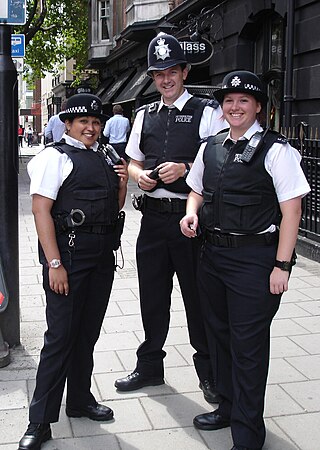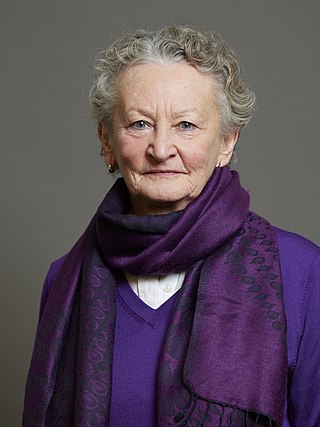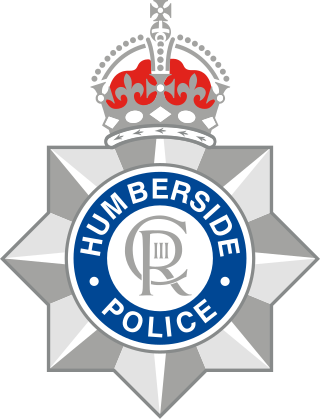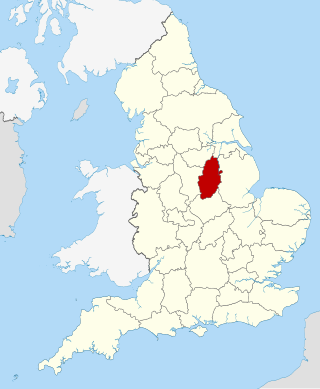Related Research Articles

Thames Valley Police is the territorial police force responsible for policing the Thames Valley, covering the counties of Berkshire, Buckinghamshire and Oxfordshire in South East England. It is the largest non-metropolitan police force in England and Wales, covering 2,218 square miles (5,740 km2) and a population of 2.42 million people.

Law enforcement in the United Kingdom is organised separately in each of the legal systems of the United Kingdom: England and Wales, Scotland, and Northern Ireland. Most law enforcement duties are carried out by those who hold the office of police constable of a territorial police force.

Jennifer Helen Jones, Baroness Jones of Moulsecoomb, is a British politician who served as Deputy Mayor of London from 2003 to 2004. A member of the Green Party of England and Wales, she was until September 2019 the sole Green Party member in the House of Lords.
A police authority in the United Kingdom is a public authority that is responsible for overseeing the operations of a police force. The nature and composition of police authorities has varied over time, and there are now just four dedicated "police authorities" in the United Kingdom, although the term can refer to various similar successor bodies.
Special Investigation Branch (SIB) was the name given to the detective branches of all three British military police arms: the Royal Navy Police, Royal Military Police and Royal Air Force Police. It was most closely associated with the Royal Military Police, which had the largest SIB. SIB investigators usually operated in plain clothes, although they did wear uniforms when serving overseas. Members were usually senior non-commissioned officers (sergeants or petty officers or above) or commissioned officers, although the Royal Air Force SIB was open to corporals and Acting Corporals. In December 2022, the new tri-service Defence Serious Crime Unit replaced all three service SIBs, which were disbanded.

West Midlands Police is the territorial police force responsible for policing the metropolitan county of West Midlands in England.

The Royal Navy Police (RNP) is the service police branch of the Royal Navy and Royal Marines. Members of the RNP enforce service law and discipline.

Directgov was the British government's digital service for people in the United Kingdom, which from 2004 provided a single point of access to public sector information and services. The site's portal was replaced by the new GOV.UK website on 17 October 2012, although migration of all services to GOV.UK branding took several years.

Dorset Police is the territorial police force responsible for policing the county of Dorset in South West England, which includes the largely rural area covered by Dorset Council, and the urban conurbation of Bournemouth, Christchurch and Poole.

Humberside Police is the territorial police force responsible for policing The East Riding of Yorkshire including Hull and northern parts of Lincolnshire including Grimsby and Scunthorpe.

The Hampshire and Isle of Wight Constabulary is the territorial police force responsible for policing the counties of Hampshire and the Isle of Wight in South East England.

Sussex Police is the territorial police force responsible for policing in the whole of Sussex. Its jurisdiction covers the ceremonial counties of East Sussex and West Sussex. The force is headquartered in Malling House, Lewes, East Sussex.

Nottinghamshire Police is the territorial police force responsible for policing the shire county of Nottinghamshire and the unitary authority of Nottingham in the East Midlands area of England. The area has a population of just over 1 million.
A police caution is a formal alternative to prosecution in minor cases, administered by the police in England and Wales. It is commonly used to resolve cases where full prosecution is not seen as the most appropriate solution. Accepting a caution requires an admission of guilt.

The Policing and Crime Act 2009 is an Act of the Parliament of the United Kingdom. The Act makes provision about police reform, prostitution, sex offenders, sex establishments and certain other premises. It amends the law on aviation security, misuse, proceeds of crime, extradition and gang related violence.

His Majesty's Inspectorate of Constabulary in Scotland (HMICS) is a public body of the Scottish Government and reports to the Scottish Parliament. It has statutory responsibility for the inspection of the effectiveness and efficiency of the police service in Scotland.

A police and crime commissioner is an elected official in England and Wales responsible for generally overseeing police forces. A police, fire and crime commissioner (PFCC) is an elected official in England responsible for generally overseeing both police forces and fire services. Commissioners replaced now-abolished police authorities. The first incumbents were elected on 15 November 2012.
The Universities' Police Science Institute, or UPSI as it is more commonly known, is a joint venture between South Wales Police, Cardiff University and the University of South Wales. The Universities' Police Science Institute (UPSI) was formed in 2007 to develop research into Policing; Since its inception the Universities' Police Science Institute has achieved international renown for its innovations in designing, developing and assessing new solutions to policing problems.
101 is the police single non-emergency number (SNEN) in the United Kingdom (UK), which automatically connects the caller to their local police force, in a similar manner to the pre-existing 999 emergency number. The 101 service was created to ease pressure, and abuse of the existing 999 system. Hazel Blears, then a UK government minister in the Home Office, stated that the new system would "strengthen community engagement". In 2004, ten million 999 calls were made in the UK; however, 70% of those calls were deemed not to be an emergency.
References
- ↑ "The policing pledge : Directgov — Crime and justice". Direct.gov.uk. Archived from the original on 22 December 2009. Retrieved 18 February 2010.
- ↑ "Directgov: The policing pledge". webarchive.nationalarchives.gov.uk. UK Government Web Archive. 20 May 2010. Retrieved 24 June 2023.
- ↑ "Policing Green Paper | Home Office". Police.homeoffice.gov.uk. Retrieved 18 February 2010.
- ↑ Whitehead, Tom (28 June 2010). "Big cut in number of police on the streets". The Daily Telegraph. London.
- ↑ "Archived copy" (PDF). Archived from the original (PDF) on 20 December 2010. Retrieved 17 February 2010.
{{cite web}}: CS1 maint: archived copy as title (link) - ↑ "Policing pledge advert (1)". YouTube. 30 November 2009. Archived from the original on 5 December 2014. Retrieved 18 February 2010.
- ↑ "Policing Pledge Inspections". Hmic.gov.uk. Retrieved 18 February 2010.